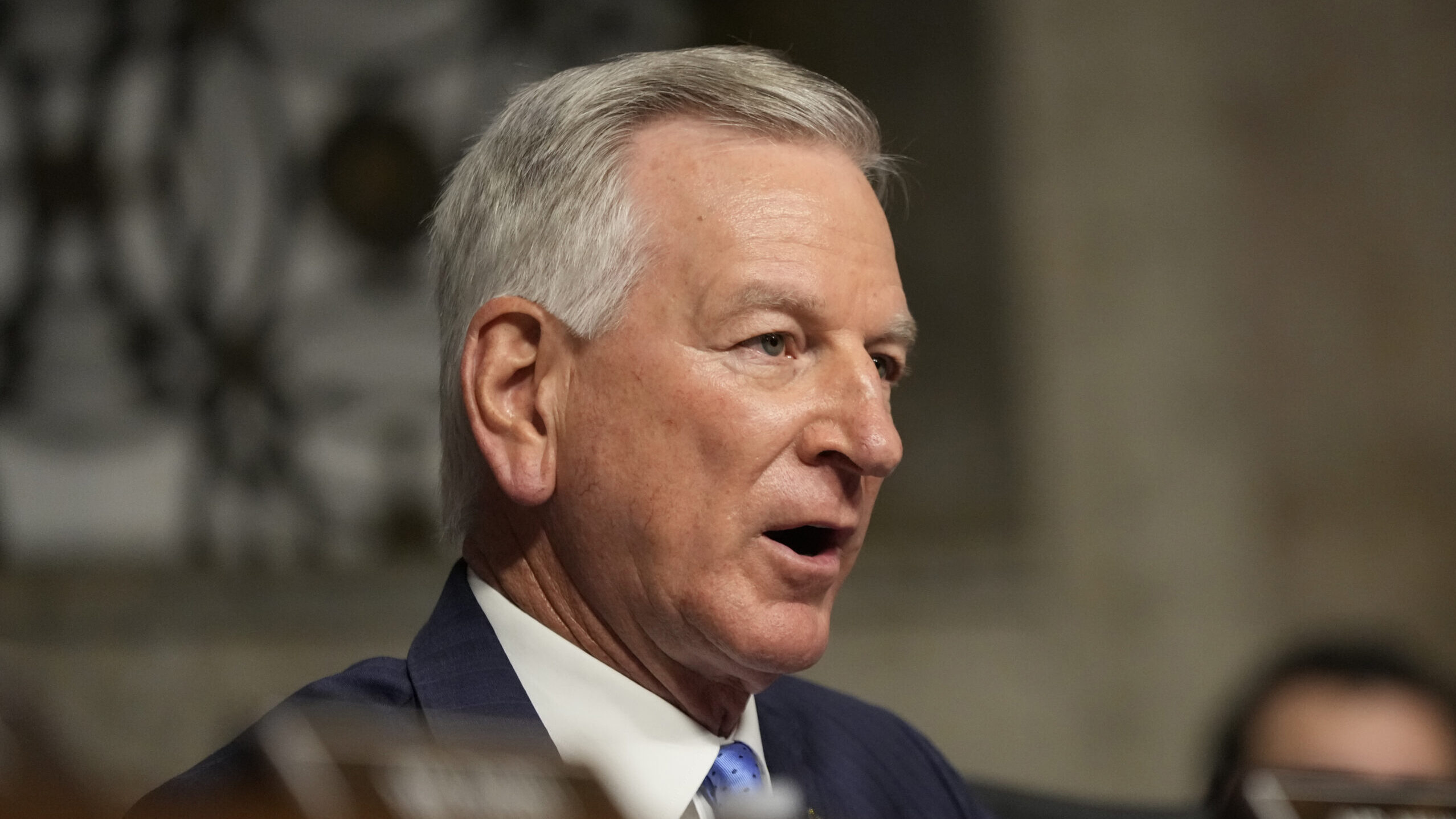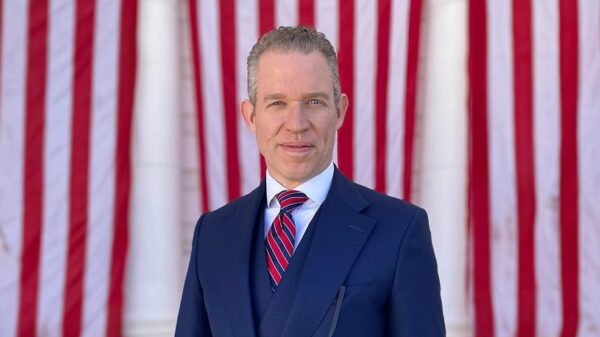U.S. Senator Tommy Tuberville is ramping up pressure on the federal government to impose steep tariffs on imported cabinets, warning that unfairly traded foreign products are crippling American manufacturing and threatening thousands of jobs.
During a panel discussion hosted this week by the American Kitchen Cabinet Alliance, Tuberville and other congressmen and cabinet industry executives called attention to what they described as a national crisis. Imported cabinets and components from countries like Cambodia, Malaysia, Vietnam, Mexico, Indonesia and Thailand are undercutting U.S. manufacturers, with prices as much as 70 percent lower than American products.
In response, the domestic industry is urging the Trump administration to finalize its ongoing Section 232 national security investigation by imposing a 100 percent tariff to stop the flow of unfair imports and save over 250,000 American cabinet manufacturing jobs, including 5,000 in Alabama.
Senator Tuberville, who has been vocal in his support for Alabama’s manufacturing base, called the crisis “a war” on American industry.
“I can only describe this as one thing: this is war. Just as with other domestic industries, China is undercutting our cabinet businesses, basically cutting our throats,” said Tuberville.
He singled out Wellborn Cabinets, a longtime Alabama-based company and employer, as a symbol of what’s at stake.
“We’re not going to let them go out of business because the deep state in D.C. wants to overlook our jobs. Thousands of Alabama cabinet workers and their families need enforcement of a strong Section 232,” said Tuberville.
Tuberville and others argue that Chinese producers are circumventing current trade restrictions by rerouting their goods through third countries. This transshipment tactic enables Chinese-made cabinets, often manufactured with cheaper materials and lower labor standards, to evade existing duties, thereby flooding the U.S. market at unsustainable prices.
The domestic cabinet industry generates over $12 billion in annual revenue and serves as an important employer in rural communities across the country. In Alabama, the sector supports thousands of workers in both production and supply chain operations.
Tuberville praised former President Trump’s use of tariffs in his first term and urged him to follow through with aggressive action in his current administration.
“President Trump understands business, and he understands manufacturing. That’s why I encourage him to continue leveraging tariffs. Don’t let up. Increase it. We need to return to the golden age of American manufacturing, to ‘Made in America,” said Tuberville.
The Section 232 investigation is nearing conclusion, and industry leaders and political allies are hoping that decisive action will restore fair competition and protect domestic jobs while strengthening the American manufacturing backbone.




















































